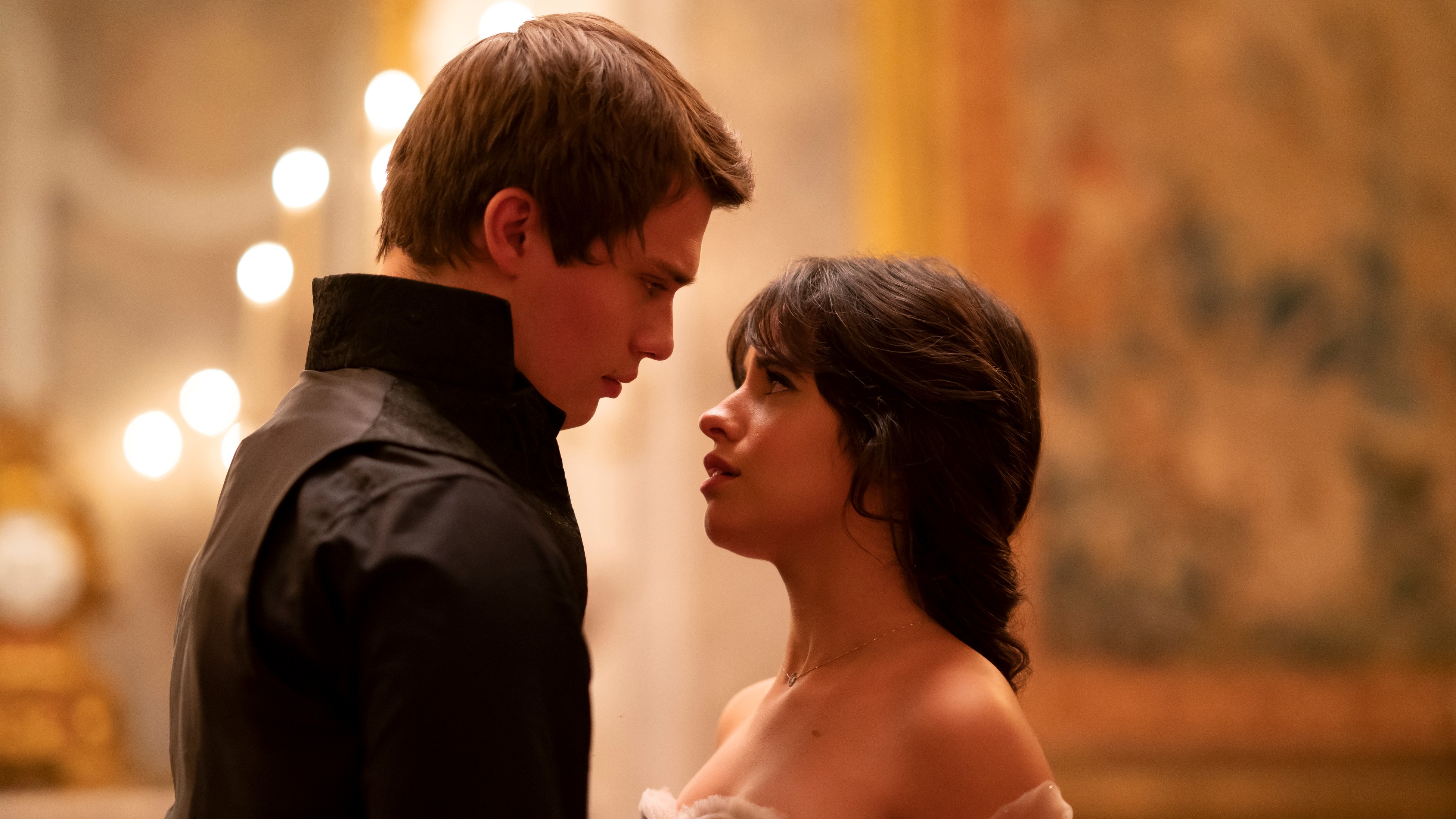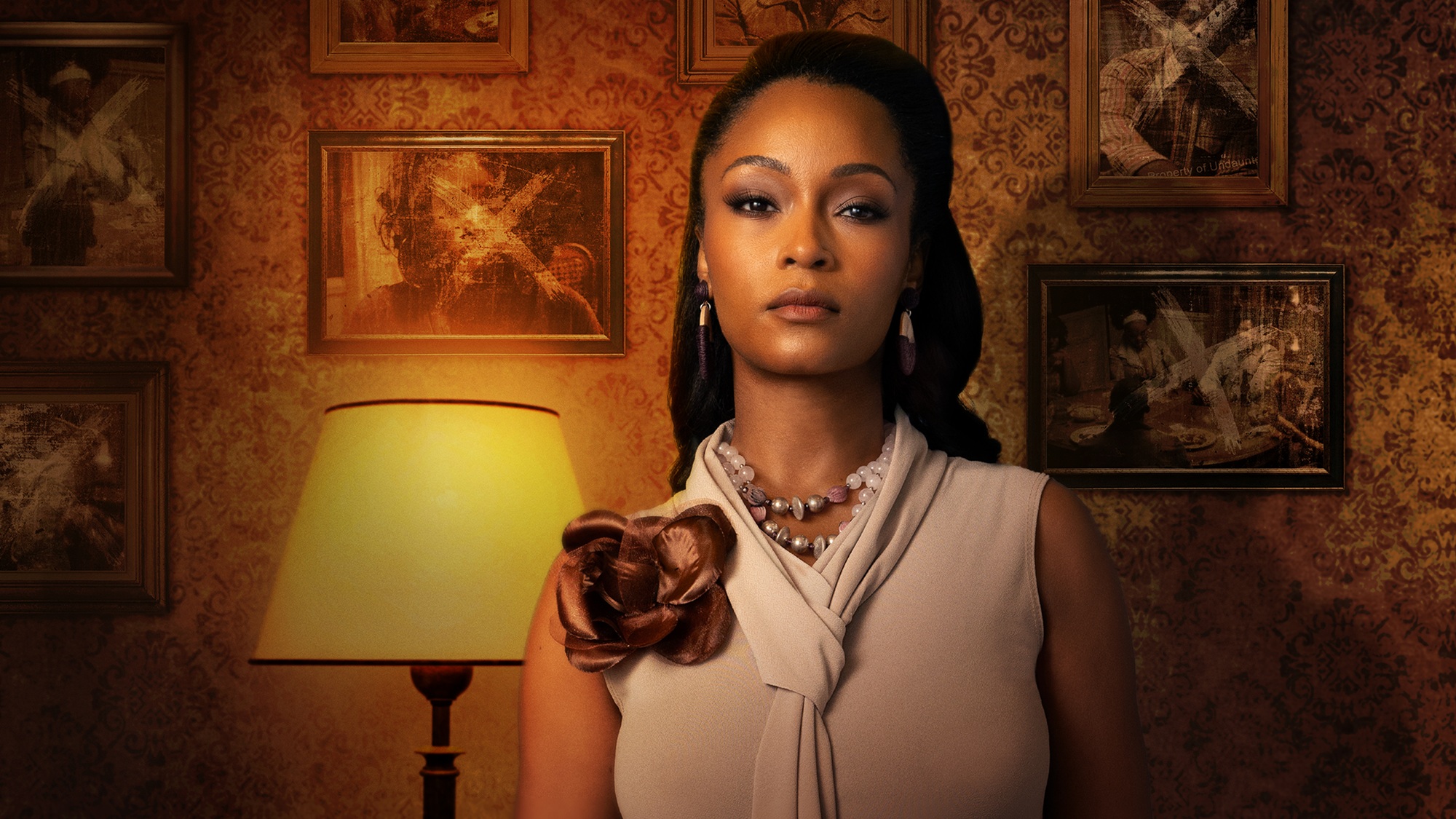What to Watch Verdict
There needs to be more to modernizing a classic than slapping a coat of corporate-approved girl power on top.
Pros
- +
👸🏻 Interesting subtext exploring how patriarchal structures influence apparently villainous motivations.
- +
👸🏻 Sure, the song and dance numbers look and sound pretty good.
Cons
- -
👸🏻 Hoo boy, y'all ready for another capitalist girlboss?
- -
👸🏻 The film can't decide whether it's a winking fantasy or a modernized subversion.
Disney has spent the last decade milking as much self-aware feminist commentary as it can from the bowels of its own past. Jasmine has to have aspirations to sultanhood. Belle is repeatedly emphasized to not have Stockholm Syndrome. Maleficent is the misunderstood victim of patriarchal violence. (…Okay, I actually like that last one.) There’s nothing wrong with reinventing previously explored narratives to critique the previous text or update a story for evolving cultural sensibilities, but Disney tends to do it more as a means to brand preservation than an exercise of introspection. This is where other interpretations of public domain fairy tales have the potential to outshine the Mouse House, to circumvent CinemaSins nitpicking and tell a story that either doesn’t fix what isn’t broken or subverts a classic to comment on the here and now. Unfortunately, Amazon, Sony, and writer-director Kay Cannon fall short of the mark with their interpretation of Cinderella, which tries to have it both ways and comes across as a bit of a mess in spite of its best intentions.
There are certainly elements to Cannon’s rendition that feel inspired, as they represent modes of feminism that we don’t often see explored in popular culture. Namely, one of the more fascinating subplots revolves around the conflict between King Rowan (Pierce Brosnan) and his son Prince Robert (Nicholas Galitzine), wherein Robert is expected to marry for the good of the kingdom independent of his affections or his inclination to rule. The presence of a princess (Tallulah Greive) with persistent desire and ideas for leadership (see: thinly-veiled gags about problems with American policy) makes the patriarchal role that traps Robert a compelling impetus for character growth that is often left by the wayside in portrayals of Prince Charming. Furthermore, reinterpreting the so-called wicked stepmother (Idina Menzel) as a life-weary matriarch who wishes to ensure that her family is cared for, including Cinderella (Camila Cabello), by marrying her daughters into wealth is a smart bit of characterization that transforms the primary conflict from flat villainy into a debate between practical survival and exploratory idealism. And Billy Porter’s cameo as the Fabulous Godmother is the best kind of outside-the-box casting choice this film could have made.
Alas, a lot of those minor details are buried by the driving force of the main plot, which reinvents Cinderella as an aspiring dressmaker whose poverty and sex prevent her from being taken seriously at the town market. It’s cloyingly tiresome to have yet another narrative where the height of feminism is characterized by aspirations to capitalist affluence, where a woman’s worth is defined by crossing out the word housekeeper on her resume and penciling in the letters C.E.O. While that might be seen as a step up from the more humble, romance-motivated role in Disney’s version, it’s still a very narrow conception of womanhood that comes across as shoehorned into a story that is ultimately about an unlikely found love.
This contributes to an underlying tension as the film desires to be a beacon of cultural progressivism while retaining fairy tale whimsy. The extensive dance choreography set to a jukebox collection of pop hits stands in stark contrast to the provincial storybook setting, swinging wildly between immersing you in fantasy and brutally reminding you that this is just a movie. The comedy veers from ribbing insightful jabs at male ego to the ever-obnoxious James Corden’s mouse-turned-footman marveling at how pee comes out the “front tail.” Whether the film is pushing for earnest retelling or subversive commentary depends solely on the scene, not on any sense of narrative flow, and the lack of consistency speaks to a dearth of vision for Cinderella besides girlbossing like the big guns at Disney.
In some respects, Cinderella is a film that stands almost entirely immune to criticism as consumer reporting. If you’re at all interested in another version of Cinderella by way of jukebox musical that feeds into the extremely marketable white feminist zeitgeist, nothing I say here is likely to dissuade you or detract from your enjoyment of the film’s lighthearted pleasures of song and dance. There’s a reason studios continue to produce storytelling staples for modern audiences, and for as handsomely shot and intermittently amusing as the film is, I can’t entirely blame Amazon and Sony for wanting a bite out of Disney’s pie. There just needs to be more to modernizing a classic than slapping a coat of corporate-approved girl power on top.
Cinderella releases in theaters and on Amazon Prime on September 3, 2021.
Leigh Monson has been a professional film critic and writer for six years, with bylines at Birth.Movies.Death., SlashFilm and Polygon. Attorney by day, cinephile by night and delicious snack by mid-afternoon, Leigh loves queer cinema and deconstructing genre tropes. If you like insights into recent films and love stupid puns, you can follow them on Twitter.












